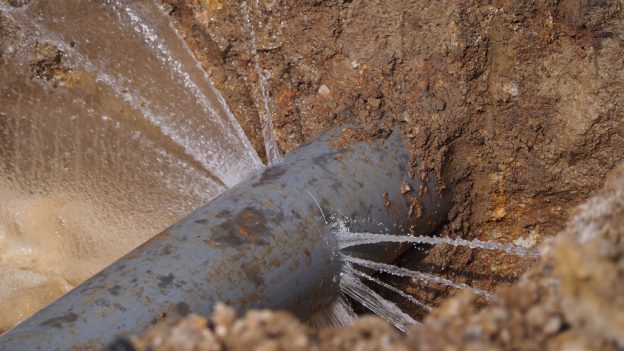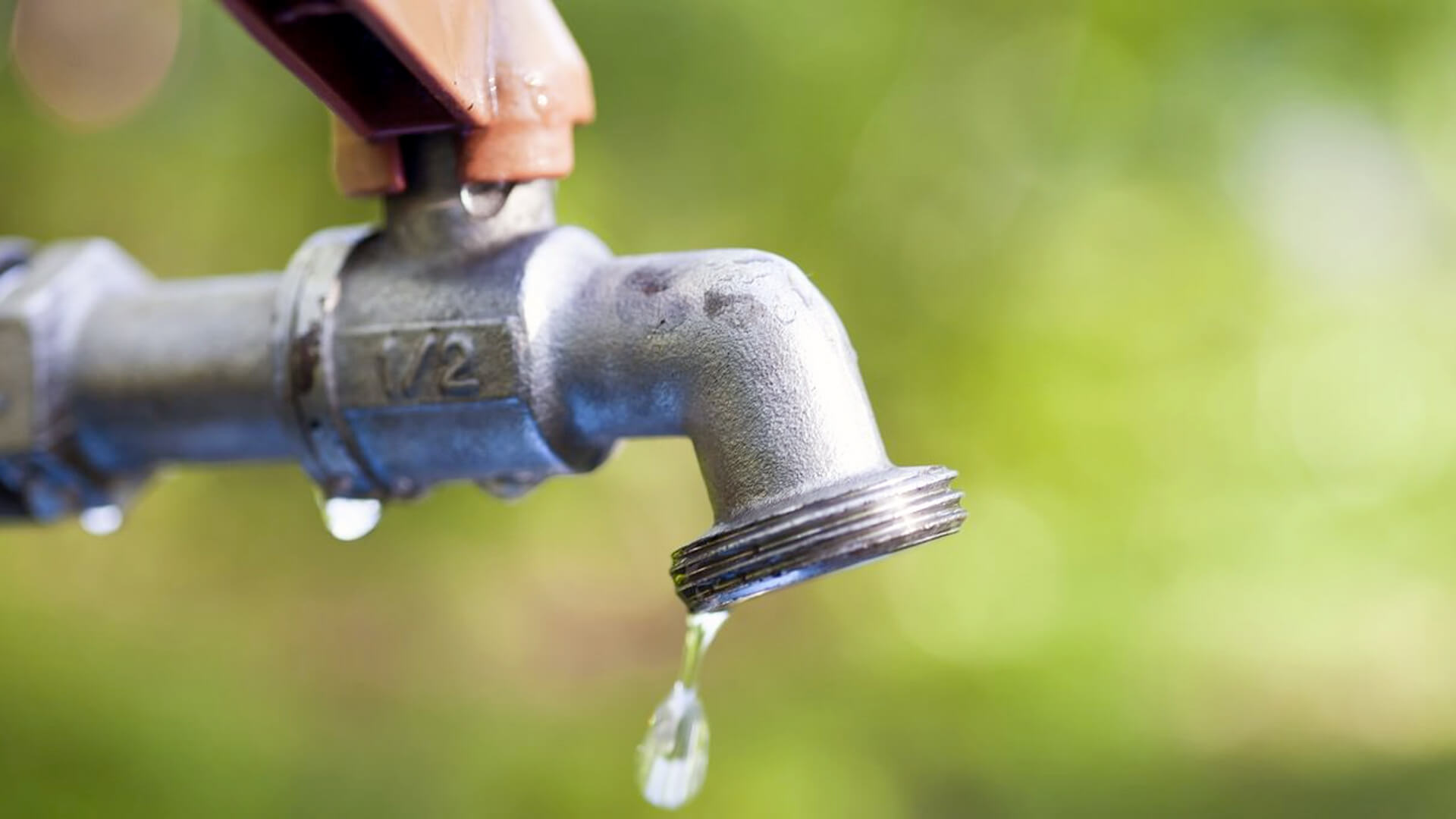How do you actually feel when it comes to How to Find and Prevent Water Leaks in Your Home?

"Be cautious of little expenditures. A tiny leak will certainly sink a great ship." - Benjamin Franklin.
He couldn't have actually been much more best because water leaks in our homes cause a waste of sources, increasing our water costs. This increase could seem minimal at first, it can lead to substantial costs that can damage your bank. Besides a boost in bills, water leaks additionally trigger unwanted organic growth, structural damages, and even electrical threats.
If you have a water leakage isn't always simple due to being unable to see most of the pipework in your home, figuring out. If you have had a boost in your water costs lately, discovered water spots on ceilings and also walls, scented lousy odor, and so on. You may wish to think about requesting plumbing services to get it checked out.
There are numerous sources of water leakages, as well as we have assembled the common factors below. Examine to see if you have had associated issues in your home lately.
Clogged drains pipes
Food fragments, dust, and also oil can create blocked drains as well as block the flow of water in and out of your sink. Boosted stress within the gutters can trigger an overflow as well as finish up fracturing or rupturing pipes if undealt with. To stay clear of stopped up drains in your home, we recommend you to stay clear of pouring fragments away as well as regular cleaning of sinks.
High water pressure
You saw your house water pressure is greater than normal however after that, why should you care? It runs out your control.
It would certainly be best if you cared because your ordinary water pressure must be 60 Psi (per square inch) and although your house's plumbing system is developed to stand up to 80 Psi. A boost in water pressure can put a pressure on your home pipes as well as cause splits, or worse, burst pipelines. Get in touch with a professional concerning managing it if you ever before notice that your home water pressure is higher than common.
Deterioration
As your pipework ages, it gets weak as well as more prone to corrosion after the regular passage of water via them, which can eat away at pipelines as well as cause splits. A visible sign of deterioration in your house plumbing system is staining as well as although this could be tough to detect because of most pipelines hidden away. Once they are old to ensure a sound plumbing system, we recommend doing a constant checkup every few years and also alter pipelines
Deteriorated pipeline joints
Pipeline joints are the parts of our plumbing system where the pipes connect. They are the weakest point of our plumbing system. Therefore, they are extra vulnerable to degeneration. It is important to note that even though pipelines are made to endure stress as well as last for some time, they weren't developed to last permanently; as a result, they would weaken gradually. This damage can bring about splits in plumbing systems. An usual sign of damaged pipeline joints is extreme sound from taps.
Busted seals
One more reason for water leakages in houses is broken seals of residence devices that use water, e.g., a dishwashing machine. When such appliances are mounted, seals are installed around water connectors for very easy passage of water with the machine. Hence, a broken seal can cause leak of water when being used.
With little or no understanding of plumbing, understanding your home's plumbing system adequate to deal with some of these problems (without effect) can be a problem. Get in touch with plumbing specialists in Pittsburgh, Providence, Rochester, and also environ today, as well as they'll make those concerns go away.
He could not have been much more best because water leakages in our homes result in a waste of resources, enhancing our water expenses. If you have had a boost in your water costs recently, saw water discolorations on ceilings and also walls, smelt lousy smell, etc. An increase in water pressure can place a strain on your home pipes and lead to fractures, or even worse, ruptured pipelines. One more cause of water leakages in houses is damaged seals of residence appliances that use water, e.g., a dishwashing machine. When such appliances are installed, seals are installed around water ports for simple flow of water with the equipment.
5 TIPS IN DETECTING A WATER LEAK IN YOUR HOUSE
Water leaks can be hard to find in your home, yet they can be so common. We rely on water every day in our home, which is why a leak can cause big problems. By detecting them early, you can save money and further damage, getting the problem fixed as soon as possible. Here are 5 tips to help you detect a water leak in your home, so you can contact a plumber straight away and get the issue sorted.
Check your water meter
Many people underestimate the value of the water meter in their home. It can be one of the best ways to tell if you have a leak early on, so you can get on top of it before issues start arising. Start by turning off all the water in your home: taps, washing machine, dishwasher, etc. Now take a look at the meter – if it’s still changing with everything turned off, it’s likely you have a fast-flowing leak that you need to get on top of straight away. If nothing changes, then leave your meter for an hour or two and come back to it. Did it change in this time? It’s likely you have a slower leak, which isn’t as urgent but still handy to get fixed so it doesn’t become a bigger problem.
Keep an eye on your bill
Another good way to detect a leak in your home is by keeping an eye on your water bill. It helps if you have a past bill from the same period of time. You can compare like for like and determine whether your water usage has increased significantly. If it has, there may be a leak in your system that you haven’t picked up before. A professional plumber can check through all of your pipes and determine where it is coming from.
Look for damage
If you have a leak inside your home, you will notice damage over time. Take a look at your showers and bathtubs and note whether any of the tiles surrounding the area seem to be discoloured or damaged in any way. There may be water stains, mould or peeling material that has resulted from a build up of moisture over time. Make sure you take a look under sinks at the back of cupboards that don’t get accessed regularly. This is where damage can go unnoticed and build up over periods of time.

I recently found that review about How to Find and Prevent Water Leaks in Your Home while doing a search on the search engines. Sharing is caring. Helping people is fun. Thanks a lot for your time. Don't hesitate to come visit our website back soon.
Here